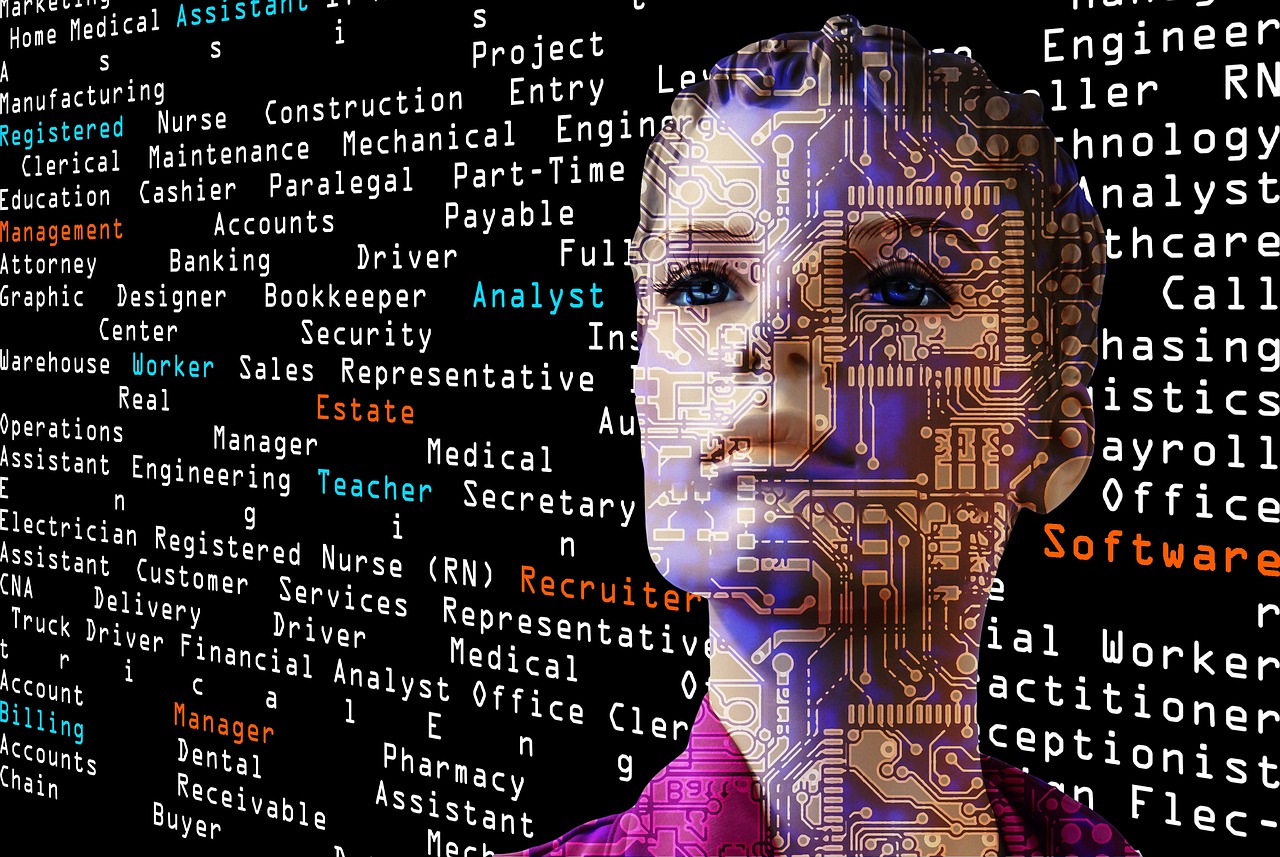The Impact of Artificial Intelligence on Real Estate Transactions
Understanding Artificial Intelligence
Artificial intelligence refers to the ability of machines and computers to perform tasks that typically require human intelligence. Machine learning, a subset of AI, involves training machines with data to recognize patterns, analyze information, and make predictions. In the context of real estate, AI can be used to generate property valuations, create 3D models, automate home devices, and provide market analysis.
Predictive Maintenance: Anticipating Property Repairs
One of the significant challenges faced by property owners is the unpredictability of maintenance and repair issues. AI can help address this challenge by enabling predictive maintenance. By analyzing sensor data from properties, AI algorithms can accurately predict when maintenance will be required and schedule the necessary repairs. This technology is particularly beneficial for landlords managing multiple properties, as it allows for proactive maintenance planning and cost optimization.
Moreover, AI can identify instances of misuse or potential problems within a property. By monitoring tenant behavior and identifying patterns, AI systems can alert tenants to actions that may lead to maintenance issues, reducing the need for repairs and associated costs.
Home Automation: Enhancing Efficiency and Tenant Experience
Home automation has gained popularity in recent years, offering convenience, energy efficiency, and improved tenant experiences. AI can take home automation to the next level by using machine learning algorithms to learn tenant patterns and adjust various aspects of a property accordingly. For instance, AI systems can automatically control lighting, heating, and other utilities based on tenant preferences and occupancy patterns.
By analyzing data such as tenant movements and weather conditions, AI can optimize energy usage and reduce utility bills. Lights can be automatically switched off when no one is present, and the thermostat can be adjusted based on tenant schedules and weather forecasts. These automated systems not only improve energy efficiency and cost savings but also enhance the overall comfort and satisfaction of tenants.
AI Market Analysis: Making Informed Investment Decisions
Investing in real estate requires careful analysis of market trends, property values, and potential returns. AI can significantly assist investors in making informed decisions by providing advanced market analysis. By analyzing millions of data points, AI algorithms can identify patterns and trends that humans may overlook. This includes analyzing news, crime statistics, business registrations, and other relevant data to predict future market trends and potential investment opportunities.
Investors equipped with AI-powered software gain a distinct advantage in identifying lucrative investment opportunities. They can make data-driven decisions based on comprehensive analyses, reducing the risk of potential investment pitfalls.
The Risks of AI in Real Estate
While AI offers numerous benefits to the real estate industry, it also comes with certain risks and considerations. Privacy concerns are a significant consideration when implementing AI systems that monitor tenant behavior. It is essential to engage in open dialogues with tenants, address their concerns, and ensure that any data collected is used responsibly and ethically.
There is also a risk of AI systems making errors or misjudgments. AI algorithms rely on vast amounts of data to make predictions and recommendations. However, there is always a possibility of inaccuracies or misinterpretation of data. Investors should exercise caution and not rely solely on AI systems for decision-making. Independent research and verification are crucial to ensure the accuracy and reliability of AI-generated insights.
Conclusion
The integration of artificial intelligence into the real estate industry has the potential to transform property investment and transactions. Predictive maintenance, home automation, and AI market analysis are just a few of the ways that AI is revolutionizing the sector. By harnessing the power of AI, landlords, investors, and estate agents can optimize efficiency, reduce costs, and make informed decisions.
However, it is important to approach AI implementation with caution and address the associated risks. Privacy concerns and the potential for errors should be carefully considered, and human judgment and independent research should always supplement AI-generated insights. With a balanced approach, the real estate industry can leverage AI to unlock new opportunities and enhance the overall experience for all stakeholders involved.
